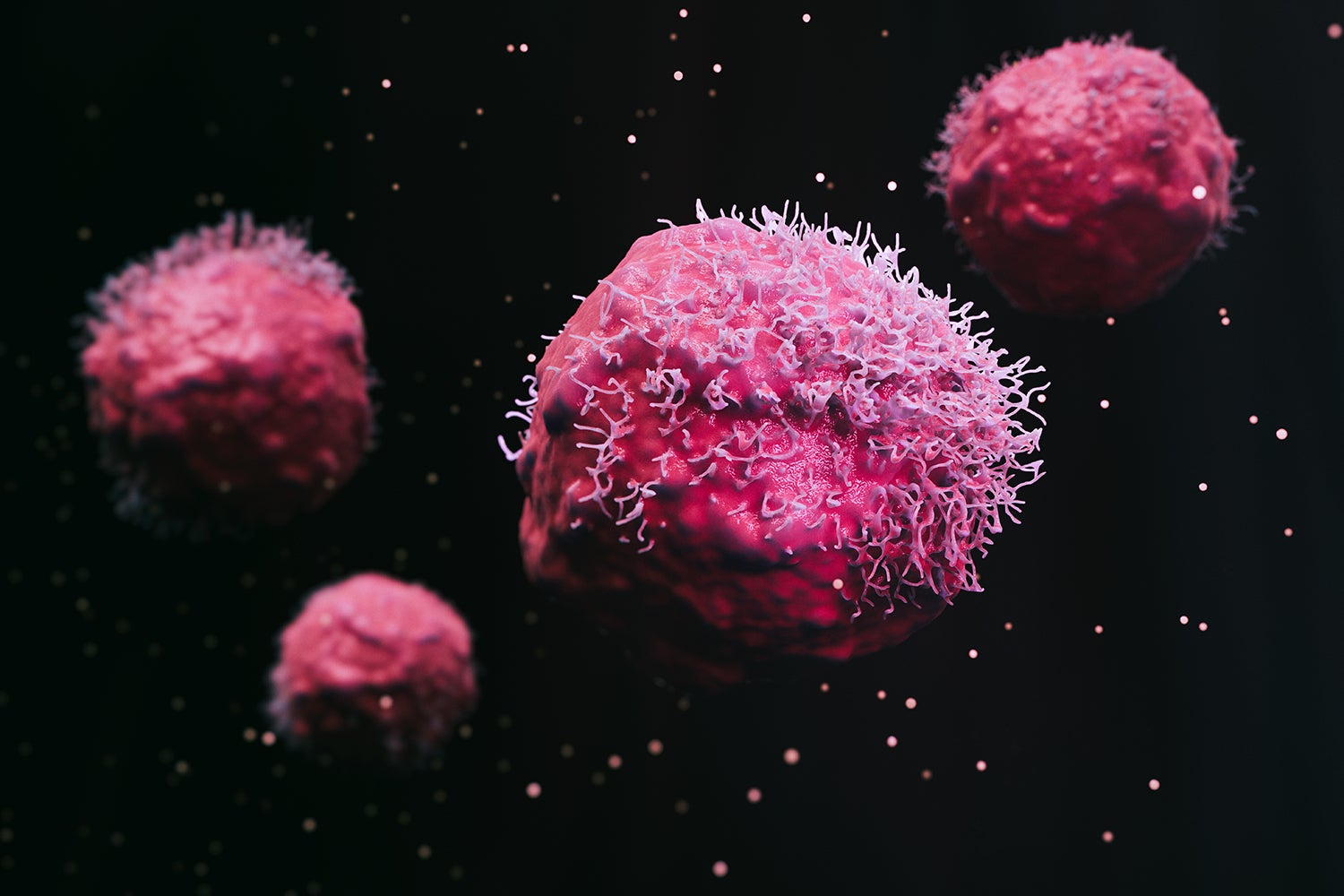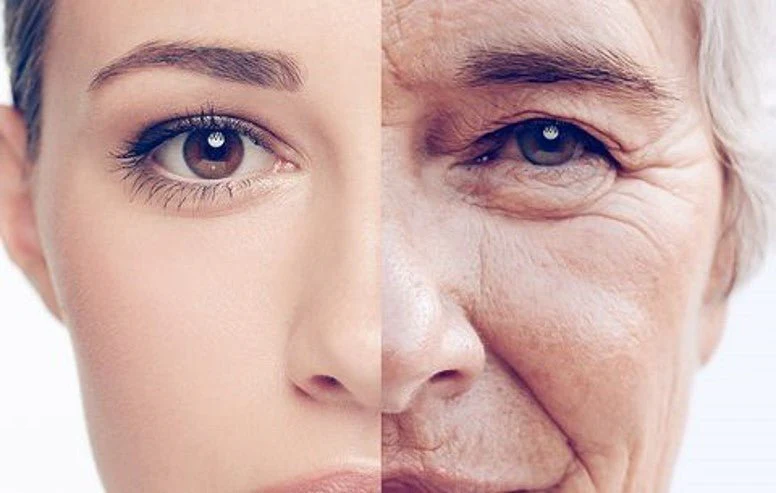Scientists have conducted new research in labs that promise anti-aging in humans and mice. Furthermore, it helps in reducing Alzheimer’s disease chances. Published in the journal Cell, conducted by Dr. Rober DePinho, professor at The University of Texas MD Anderson Cancer Center.

Scientists have researched that telomerase reverse transcriptase (TRET) helps reduce inflammation in old mice, regain muscle growth, and fuel brain muscle.
Furthermore, Dr. Ronald DePinho believes the results are promising enough. Stating “Given the strength of the preclinical data, it is my view that there’s justification for moving this forward,”
Also Read: Research Finds Mercury Poisoning In Skin Lightening & Anti-Aging Creams Sold Online
How Does it Work?
Telomerase is a protein that acts as a cover for chromosomes, that reduces with aging. Furthermore, wearing out of the TRET protein caused age-related diseases such as cancer (the growth of irregular cells). The aging process is related to epigenetics.
Epigenetics are changes due to genes such as heart disease, hair loss, etc. Therefore, exposure of chromosomes because of fraying of TERT protein increases aging in mice and human beings.

Furthermore, reversing telomerase will help in reverse aging. Moreover, Alzheimer
DR. Robert DiPinho cited their experiment in 2010 “Our lab was the first to show that aging is a reversible process,”. Moreover, Dr. PinHo and his colleagues switched off the TERT protein in mice resulting in accelerated aging. Furthermore, switching it back on reduced aging.
Also Read: Benefits Of Intermittent Fasting – How It Can Help Shape Your Life!

Scientists also noticed a reduction in Alzheimer’s chances in mice models. Furthermore, the reverse of abnormal protein in the brain. Moreover, scientists injected mice with TAC – TERT activating compound.
Scientists are to carry mice modules like TAC for humans. Moreover, over 653,000 samples have been tested in an attempt to reach one that is closest to humans.










